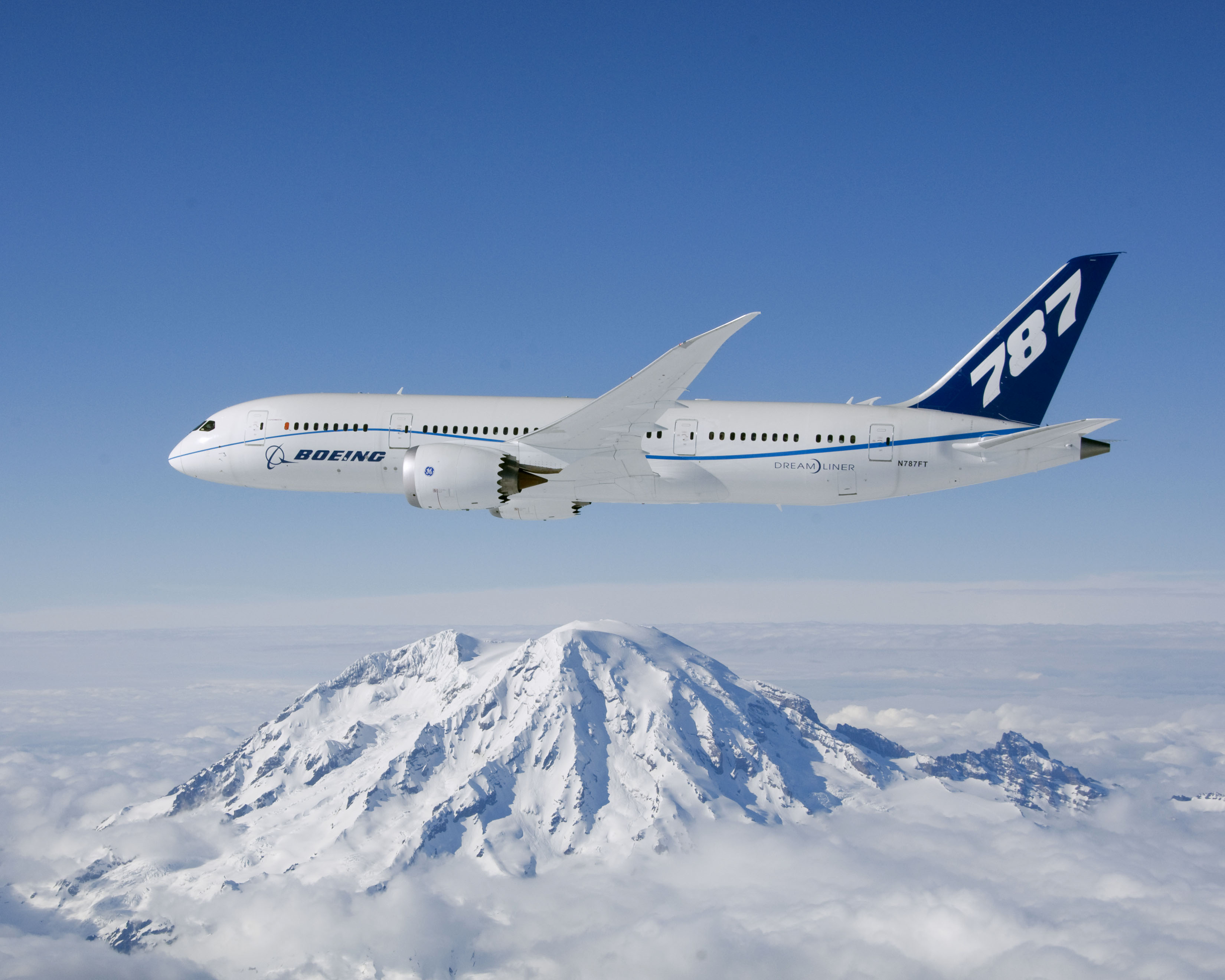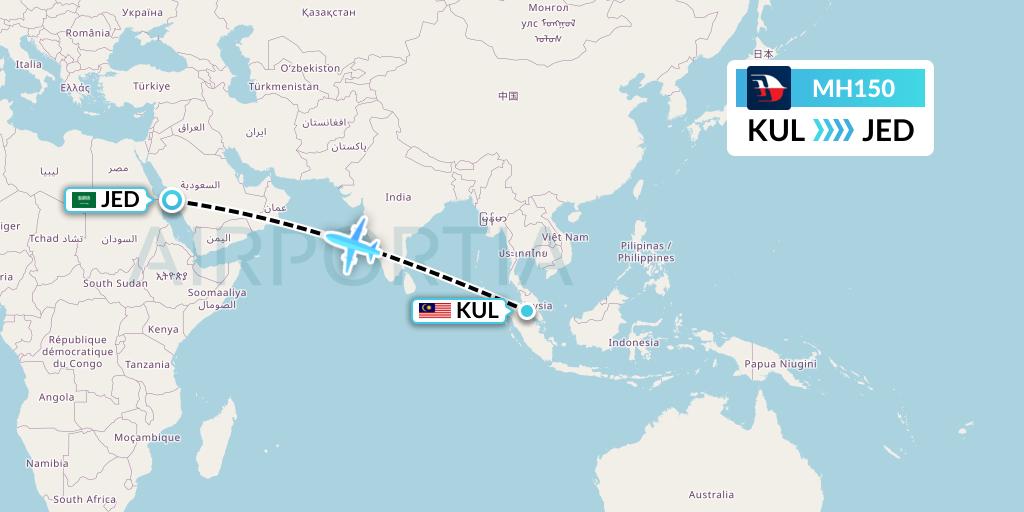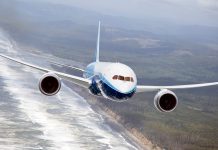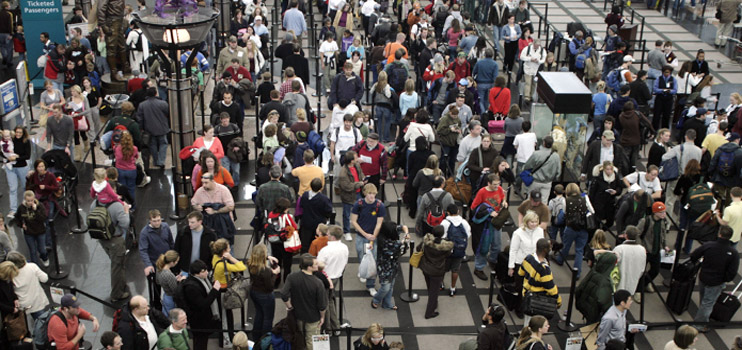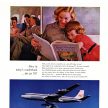Asia-Pacific airlines are worried that rising government requirements for more detailed passenger information may put them in violation of privacy laws.
Airline executives meeting in Taipei this week for the 61st Association of Asia Pacific Airlines Assembly of Presidents voiced the concerns in one of six resolutions tackling issues ranging from slot management to security and the environment.
The AAPA resolution noted that enhanced border control measures adopted by many governments included the sue of advanced technologies and required airlines to provide detailed information about passengers as part of the Advanced Passenger Information (API) process.
It said an increasing number of governments were mandating the provision of detailed information from passenger name records (PNR) and in some cases information not in the PNR.
“Requirements to share such passenger data may, however, violate applicable privacy laws in various jurisdictions,’’ the resolution said.
“Consequently, airlines face difficulties in reconciling conflicts between demands for PNR data by governments and compliance with applicable privacy laws in multiple jurisdictions, resulting in potential liability issues.”
The association called on governments to recognise the legal implications of airlines providing PNR data and the implications of complying with privacy laws in different jurisdictions.
It urged greater cross-border co-operation by governments aimed at providing legal certainty to airlines on the provision of passenger information. This should be done before the airlines were required to provide the information.
It also wanted government agencies to work with the industry to give it sufficient time to implement new border control measures.
On the important question of aviation infrastructure in Asia, AAPA said governments should coordinate infrastructure investments such as airport runways, terminals and air navigation services to keep pace with the growth in demand.
It said it should also deliver operational efficiencies and reduce aviation’s environmental impact.
“At congested slot controlled airports around the world, nearly 40 of which are in the Asia Pacific region, AAPA is calling on governments to ensure optimal use of scarce airport capacity by managing slots in an independent, fair and non-discriminatory manner,’’ it said.
The International Air Transport Association this week estimated the number of air travellers worldwide would almost double to 7.8 billion by 2036 with half of the new passengers coming from the Asia-Pacific.
Other resolutions included a call for the more effective implementation of International Civil Aviation Organisation global security standards and quality controls.
The association re-iterated its support for the Carbon Offsetting & Reduction Scheme for International Aviation (CORSIA) , urging governments to remain fully committed to the introduction of legislation to implement the scheme within the next two years.
It renewed its attack on aviation taxes, criticising “the widespread imposition of unjustified or discriminatory taxes and charges on international aviation by governments, airport authorities and air navigation service providers”.
“AAPA carriers operating in the world’s most competitive markets have continuously innovated and adapted their service offerings to satisfy the ever-changing demands of the global travelling public, whilst maintaining the highest safety standards,” said AAPA director-general Andrew Herdman.
“Whilst these achievements are certainly celebrated, the ever-growing burden of restrictive government legislation, increasing taxes and charges, and lack of shared vision for the industry, hold back the potential of Asia’s carriers in fully contributing to the social and economic development of the region.”


